Hey there! Academic integrity is a fundamental aspect of the educational journey, ensuring that all students earn their achievements honestly and fairly. Maintaining a culture of integrity not only upholds the value of our degrees but also fosters a thriving environment for learning and collaboration. In this article, we'll dive into the core principles of our academic integrity policy, the consequences of violations, and ways to promote accountability within our academic community. So, let's explore together and empower ourselves to uphold these essential values!
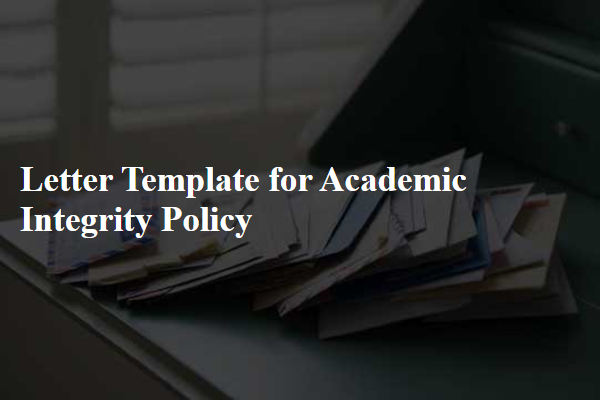
Purpose and Objective
Academic integrity policies are designed to uphold the standards of honesty and ethical behavior within educational institutions, fostering a culture of trust and respect. The primary purpose of such policies is to prevent cheating, plagiarism, and other forms of academic misconduct, ensuring that all students earn their grades fairly based on their own work and abilities. Objectives include educating students about the importance of original work and proper citation practices, as well as outlining procedures for reporting and addressing violations. Institutions aim to create an environment that encourages open dialogue about ethical scholarship practices and supports students in developing lifelong integrity skills necessary for their academic and professional futures.
Definitions and Terms
The academic integrity policy encompasses a range of principles essential for maintaining ethical standards within educational institutions. Plagiarism, defined as the act of using another's work or ideas without appropriate citation, undermines the credibility of scholarly pursuits. Cheating, involving unauthorized assistance during examinations or on assignments, breaches the integrity of assessment processes. Fabrication, the act of falsifying information or sources, can distort academic research outcomes. Collusion, which entails unauthorized collaboration, can compromise individual accountability in academic endeavors. Academic misconduct can occur in any educational setting, including universities like Harvard and MIT, emphasizing the need for clear definitions and strict adherence to ethics across all disciplines.
Expectations and Responsibilities
Academic integrity policies establish essential standards for ethical behavior in educational environments. Institutions require students to understand the importance of honesty, particularly in areas such as coursework, examinations, and research projects. Violations, including plagiarism (the act of presenting someone else's work as one's own) and cheating (using unauthorized materials during tests), can lead to severe consequences, such as academic probation or expulsion. Students must familiarize themselves with specific guidelines established by their academic institution, typically outlined in student handbooks. Faculty members often play a key role in promoting integrity by educating students on proper citation practices and the significance of original thought. Upholding these standards not only fosters a culture of trust within the academic community but also prepares students for ethical conduct in future professional environments.
Violations and Consequences
Academic integrity violations undermine the educational process at institutions such as universities and colleges. Common violations include plagiarism, where students submit work that is not their own without proper citation, and cheating during examinations, which may involve unauthorized materials or collaboration. Consequences for such violations often include failing the assignment, receiving a failing grade for the course, or facing disciplinary actions ranging from academic probation to expulsion, depending on the severity of the infraction. These consequences aim to uphold the standards of honesty and integrity within the academic community, fostering a fair learning environment for all students. Institutions typically have procedures outlined in their academic integrity policies to ensure fair investigations and transparent outcomes.
Reporting and Resolution Procedures
Academic integrity policies play a crucial role in maintaining the ethical standards of educational institutions. Reporting procedures typically involve notifying faculty or designated academic integrity officers when incidents of plagiarism, cheating, or other violations occur, ensuring documentation of the occurrence. Resolutions often require thorough investigations to gather evidence, with timelines set to maintain fairness and transparency. Specific guidelines define possible sanctions, ranging from warnings to expulsion, tailored to the severity of the offense. Institutions may also offer educational programs to prevent future violations and promote understanding of academic honesty within the student body.

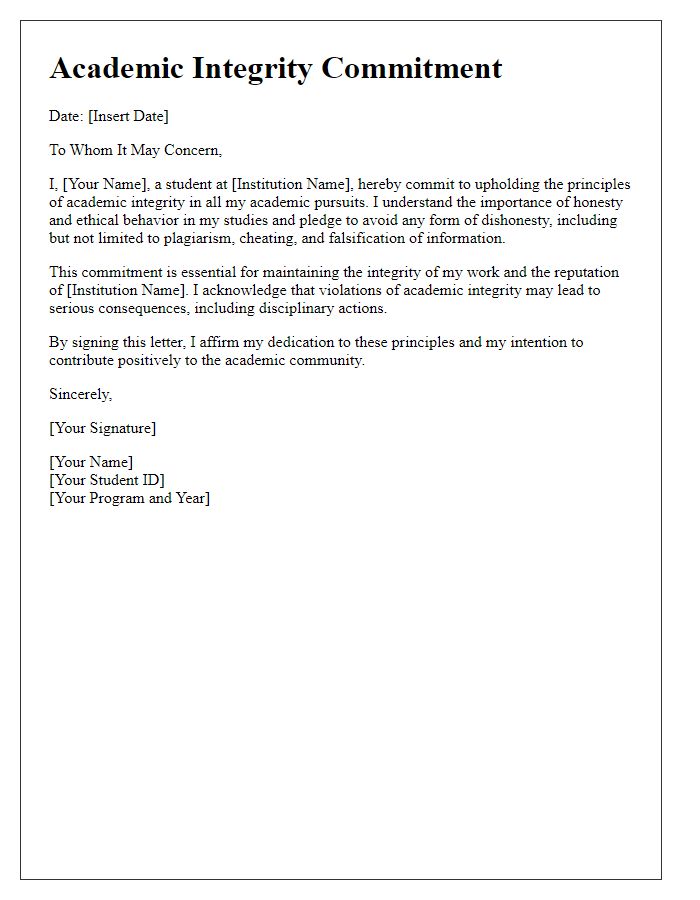
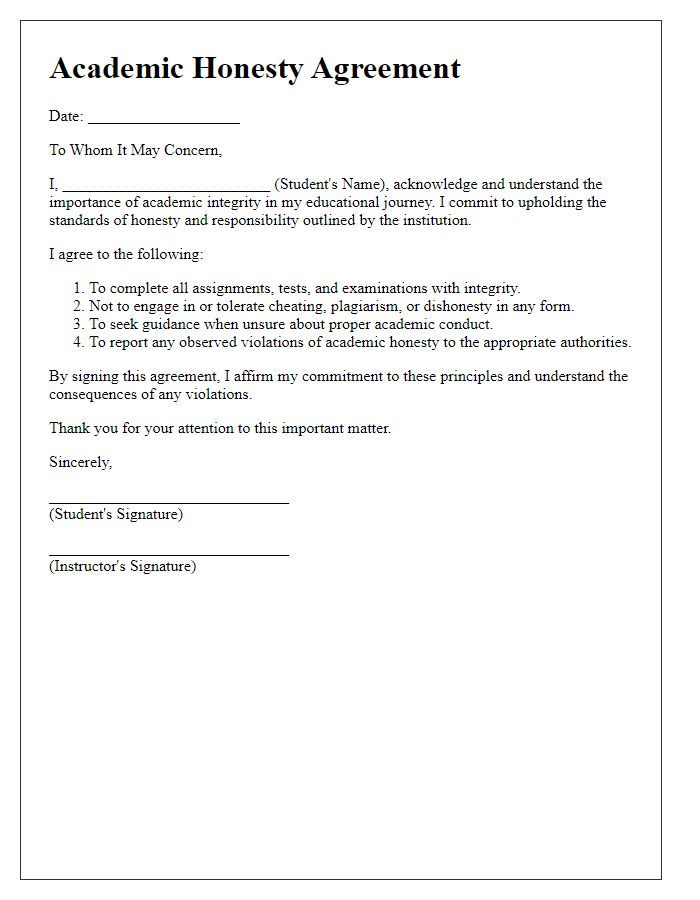
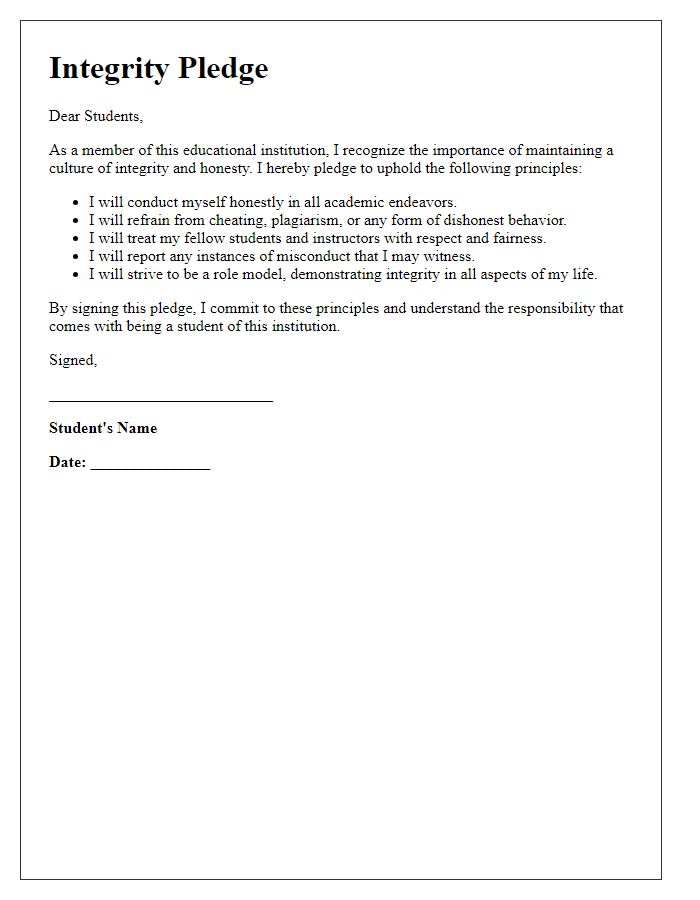
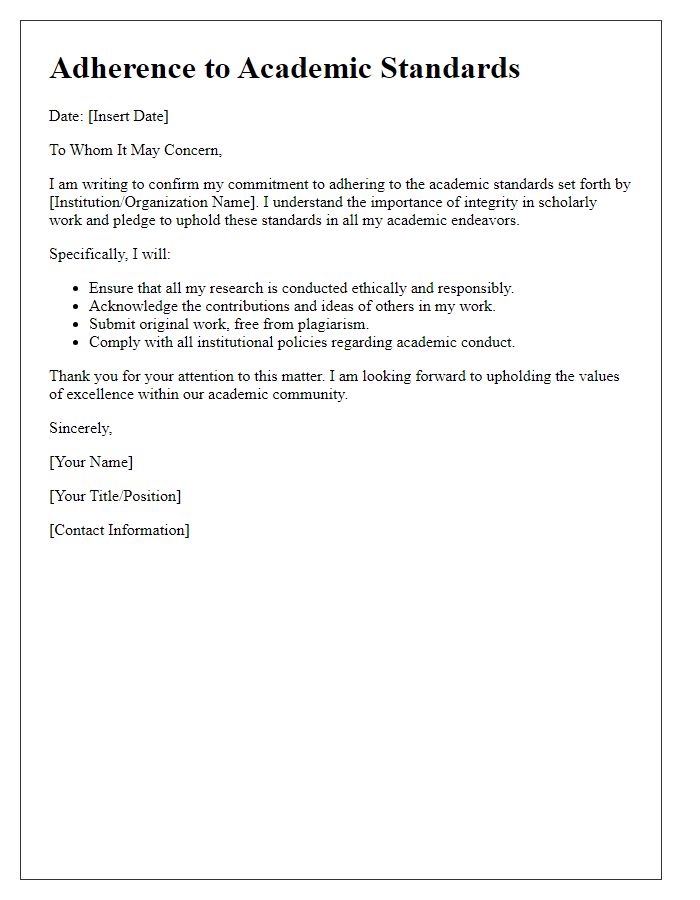
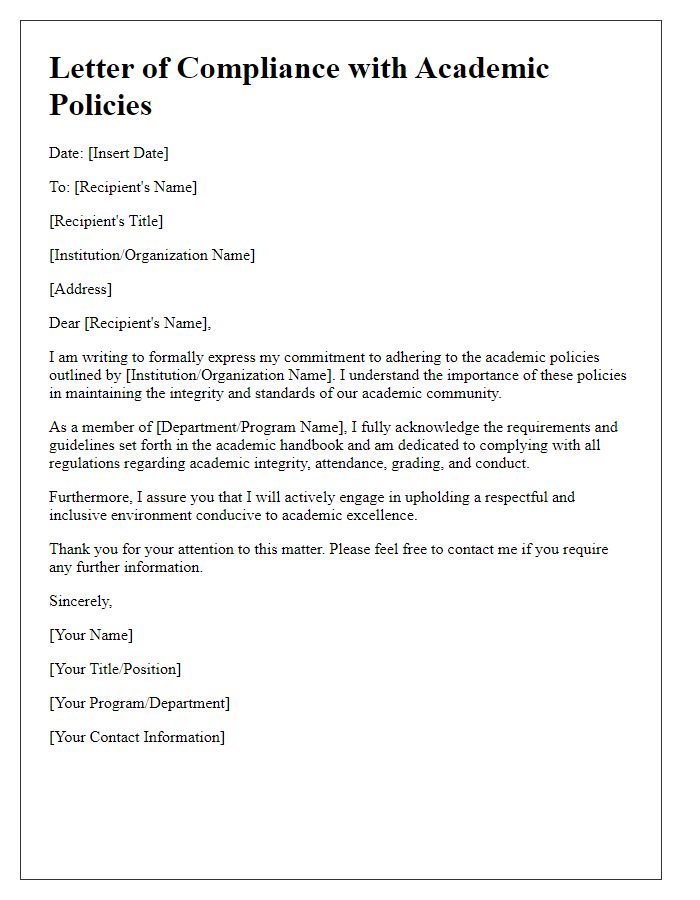
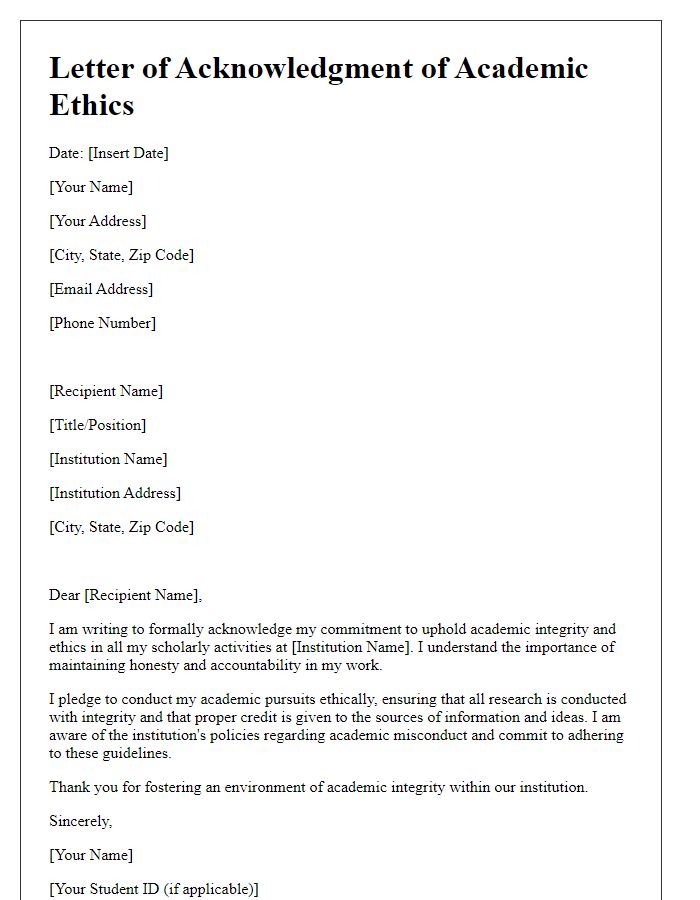
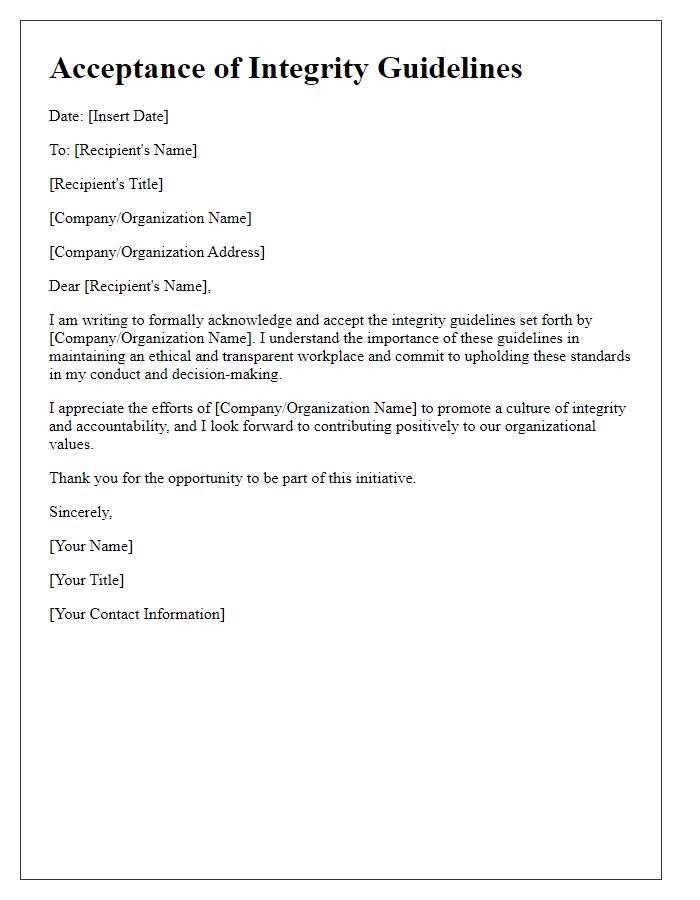
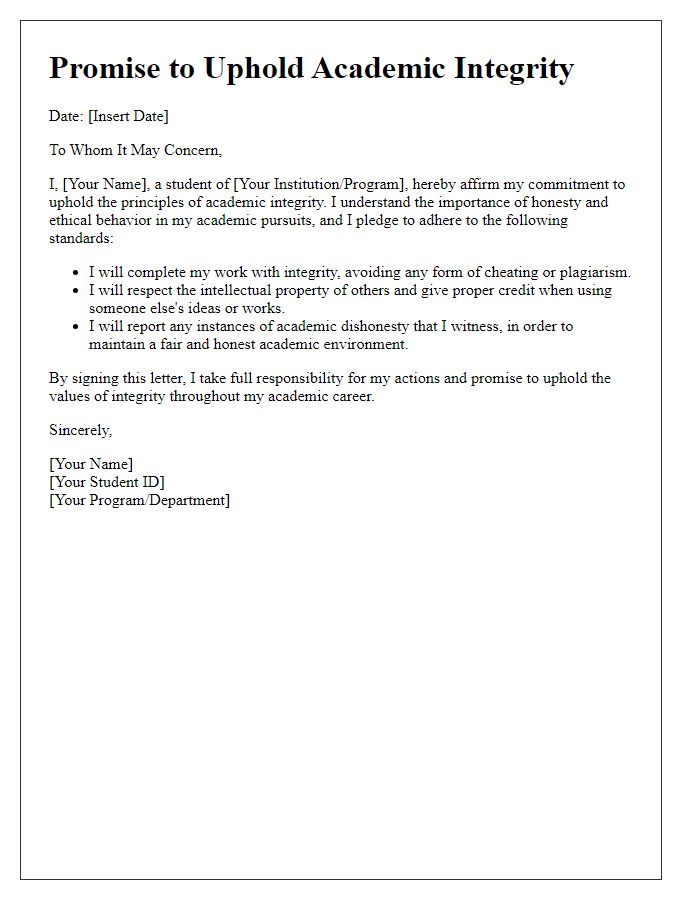
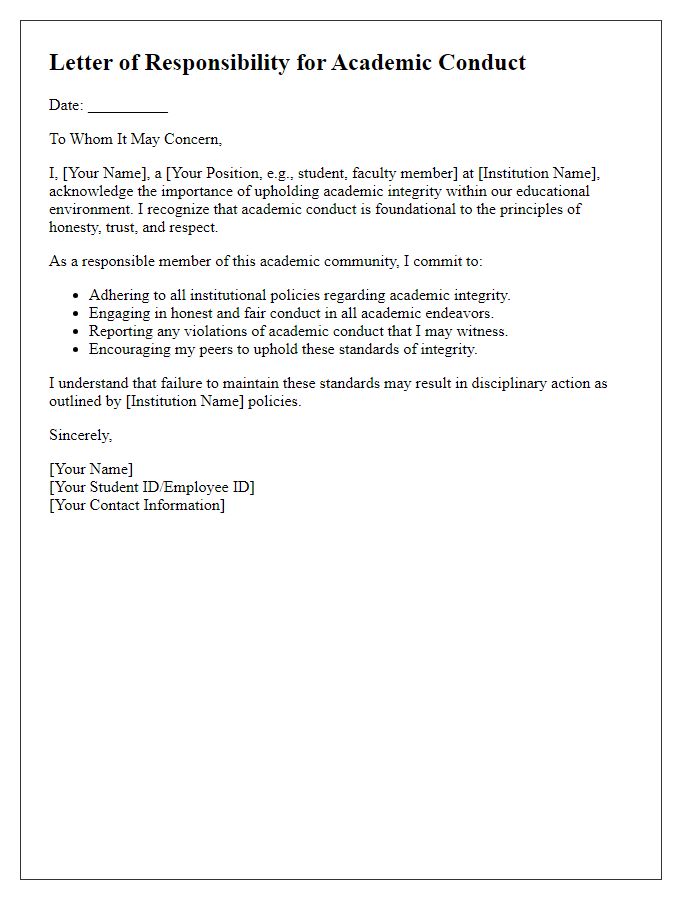
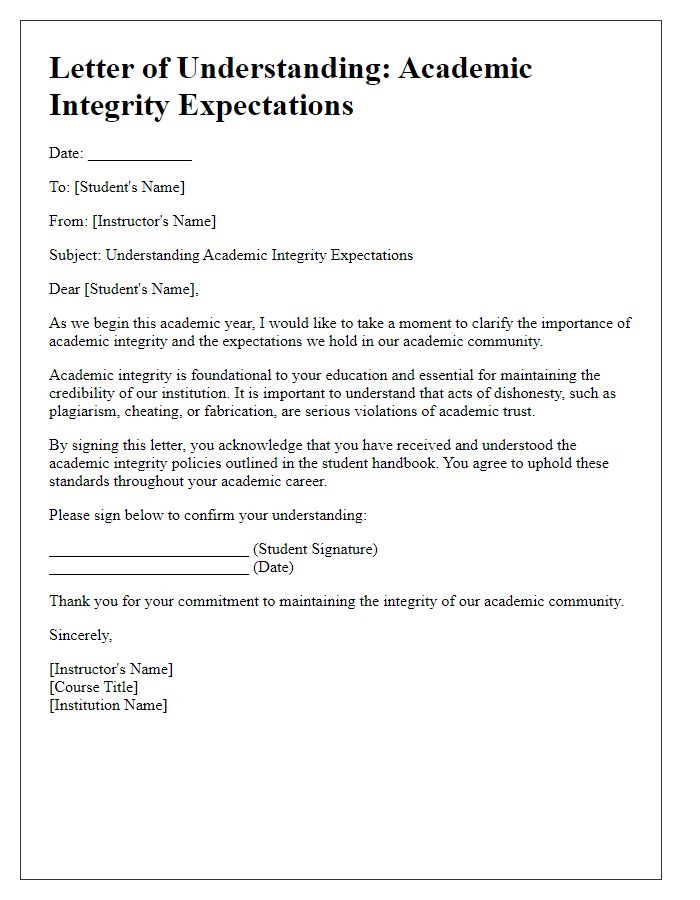

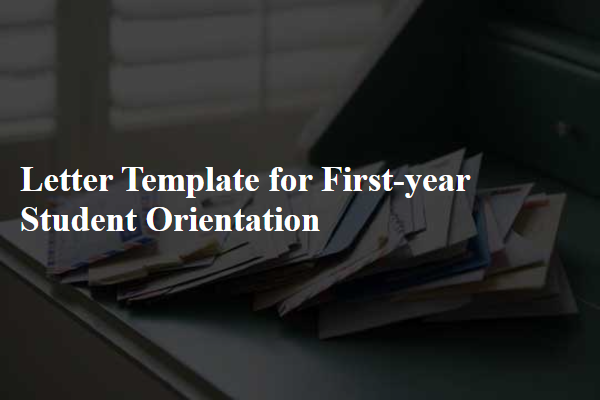
Comments